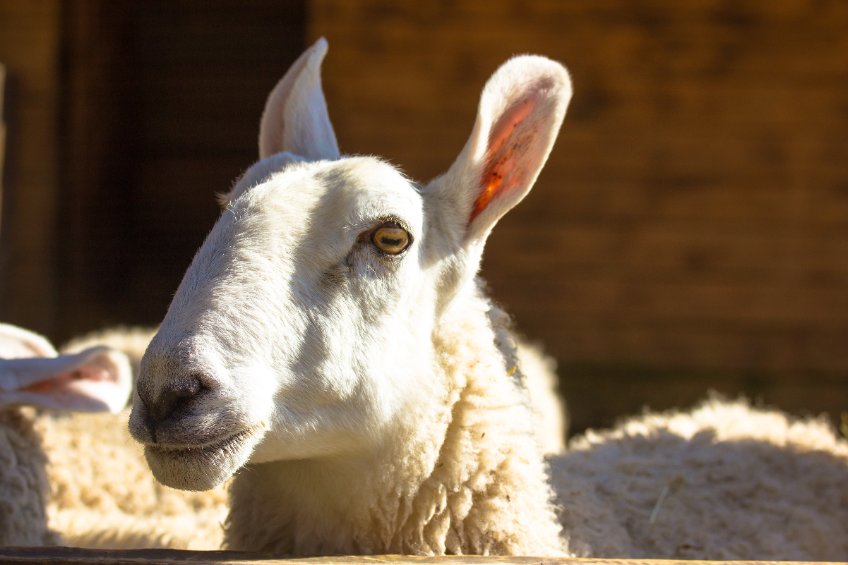
The importance of native breeds of livestock to a sustainable future for UK farming and land management has been highlighted by parliamentarians.
A House of Lords reception has marked 50 years of the Rare Breeds Survival Trust (RBST), the charity aiming to conserve the UK’s native breeds of livestock.
MPs and peers, including farming minister Mark Spencer, joined RBST trustees and farmers to hear about the work being done to help native breeds to thrive.
The event, which marked 50 years of the charity, held talks on breeds' survival and utilisation matters for food production, the environment and rural communities.
Defra farming minister Mark Spencer told the reception: “RBST’s work conserving and promoting the UK’s native breeds is essential to protecting that genetic diversity.
"A strong abattoir network is a really important part of farming with native breeds and we want to continue working with RBST to help small abattoirs to flourish.
"The UK has some of the best products in the world, and our native livestock breeds have an important role in high quality, sustainable food production today and for the future.”
The RBST's recently updated watchlist highlights a number of breeds across the UK’s native livestock and equine breeds which are in growing need of support.
The British Landrace pig breed has seen a dramatic decline with just 23 dams producing pedigree progeny in 2022, down from 43 in 2021.
The low numbers are in stark contrast to the 1970s, 80s and 90s when the breed expanded rapidly to become one of the UK's most popular for commercial pigs.
An annual situation report for breeds, the watchlist also shows a major fall in British Saddleback pig registration numbers.
And Llanwenog sheep has also seen a significant drop in registered births for the second consecutive year. The breed is considered 'at risk'.
RBST President, Baroness Hayman of Ullock, said that despite these concerns, interest and support for the UK's rare native breeds continued to grow in parliament.
"This reception created a valuable opportunity to bring together ministers, peers and MPs with native breed experts to discuss the crucial role for these breeds in future farming.”
RBST chief executive Christopher Price added that the charity was 'proud' to recognise 'hard-won successes' of the past five decades.
"Our focus this year is also on ‘native breeds for modern needs’, and this parliamentary reception was full of discussion about the role of native breeds in a sustainable future of farming and environment land management.
"We continue to seek a policy environment that supports and encourages farming with native breeds and keeping native equine breeds.
"We look forward to continuing these discussions with the ministers, MPs and peers that joined us at this reception.”
